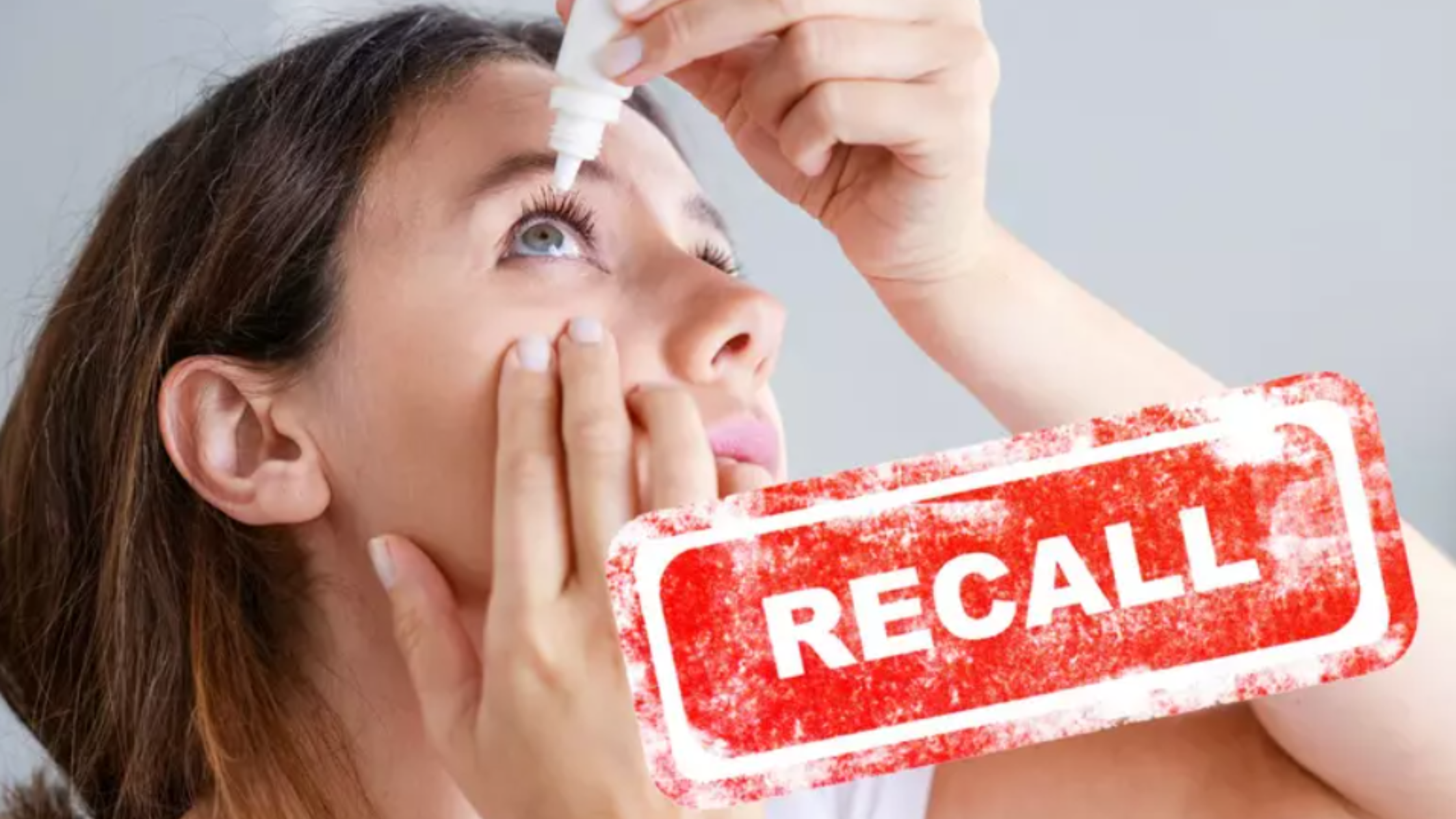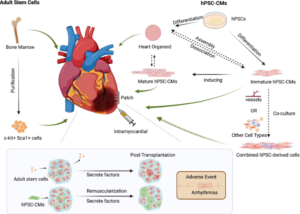75,000 Eye Care Products Recalled Nationwide: Discover Safe Alternatives Now
In April 2025, a significant recall was announced involving over 75,000 cases of eye care products distributed across the United States. This recall, initiated by BRS Analytical Services and involving products manufactured by AvKARE, was due to potential sterility concerns identified during an FDA audit. The FDA classified this as a Class II recall, indicating that the use of these products may cause temporary or medically reversible adverse health consequences.
Understanding the Recall
The recall encompasses five specific over-the-counter eye care products:
- Artificial Tears Ophthalmic Solution
- Carboxymethylcellulose Sodium Ophthalmic Gel 1%
- Carboxymethylcellulose Sodium Ophthalmic Solution
- Lubricant Eye Drops Solution
- Polyvinyl Alcohol Ophthalmic Solution
These products were distributed nationwide between May 26, 2023, and April 21, 2025. The recall was initiated following an FDA audit that identified deviations from current Good Manufacturing Practices (cGMP), leading to concerns about the sterility and overall quality of these products.
Potential Health Risks
While no specific health hazards have been confirmed, the lack of sterility assurance means that these products could potentially cause eye infections or other adverse effects. The FDA’s Class II classification suggests that any health consequences are likely to be temporary or medically reversible.
Consumer Guidance
1. Identify Affected Products
Consumers should check their eye care products for the following details:
- Product Names: As listed above.
- Distribution Dates: Between May 26, 2023, and April 21, 2025.
- Manufacturer: AvKARE.
- Distributor: BRS Analytical Services.
2. Discontinue Use
If you possess any of the recalled products, cease usage immediately to avoid potential health risks.
3. Return Procedures
Consumers can complete a return form available on AvKARE’s website and submit it via fax or email to receive a full credit, including shipping costs.
Safe Alternatives
In light of the recall, consumers are advised to consider the following safe and FDA-approved alternatives:
- Preservative-Free Eye Drops: Products like Bausch + Lomb Soothe Lubricant Eye Drops or Alcon Systane Ultra Lubricant Eye Drops are popular choices known for their safety and efficacy.
- Artificial Tears: Brands such as Refresh Relieva Lubricant Eye Drops offer relief from dryness and are manufactured under stringent quality controls.
Note: Always consult with your healthcare provider before switching to a new eye care product to ensure it meets your specific needs.
Critical Insights into the 2025 Eye Care Product Recall: Unveiling Essential Details
1. Scope and Scale of the Recall
The 2025 recall of eye care products by BRS Analytical Services and AvKARE is unprecedented in its magnitude. Approximately 76,000 cases, equating to over 1.8 million individual cartons, have been withdrawn from the U.S. market. These products were distributed nationwide between May 26, 2023, and April 21, 2025. The recall encompasses five specific ophthalmic solutions, including Artificial Tears Ophthalmic Solution and Carboxymethylcellulose Sodium Ophthalmic Gel 1%. The sheer volume of affected products underscores the critical nature of this recall and its potential impact on public health.
2. Manufacturing Deviations and Regulatory Oversight
The recall was precipitated by an FDA audit that uncovered significant deviations from current Good Manufacturing Practices (cGMP) at the facilities involved. Notably, there were at least 19 instances where mandatory quality control tests were either omitted or irregularly conducted. Additionally, observations included inadequate cleaning procedures, contaminated equipment, and insufficient documentation of manufacturing processes. These lapses in quality control and assurance protocols raised serious concerns about the sterility and safety of the eye care products in question.
3. Potential Health Implications
While no specific adverse health events have been reported to date, the lack of sterility assurance in ophthalmic products poses inherent risks. Contaminated eye drops can lead to eye infections, which, if left untreated, may result in more severe complications. Given that these products are applied directly to the eyes, bypassing some of the body’s natural defenses, the importance of sterility cannot be overstated. The FDA’s classification of this recall as Class II indicates that the use of these products may cause temporary or medically reversible adverse health consequences.
4. Broader Industry Implications
This recall is part of a broader pattern of concerns regarding the manufacturing practices of eye care products. In recent years, other manufacturers, including Global Pharma Healthcare and Kilitch Healthcare India Limited, have faced similar recalls due to sterility issues and cGMP violations. These incidents highlight systemic challenges within the pharmaceutical manufacturing industry, particularly concerning quality control and regulatory compliance. They also underscore the need for increased vigilance and oversight to ensure the safety of over-the-counter ophthalmic products.
5. Recommendations for Consumers and Healthcare Providers
In light of this recall, consumers are advised to:
- Cease Use Immediately: Discontinue the use of any recalled eye care products to mitigate potential health risks.
- Verify Product Information: Check the lot numbers and expiration dates of eye care products to determine if they are part of the recall.
- Consult Healthcare Providers: Seek medical advice if experiencing any adverse symptoms or if uncertain about the safety of eye care products.
Healthcare providers should remain informed about the recall and advise patients accordingly. They should also report any adverse events related to these products to the FDA’s MedWatch program to aid in monitoring and addressing potential health risks.
Conclusion
The recall of over 75,000 eye care products underscores the importance of stringent manufacturing practices and regulatory compliance in the pharmaceutical industry. Consumers are urged to remain vigilant, verify their products, and consult healthcare professionals when in doubt. By staying informed and proactive, individuals can safeguard their eye health and well-being.
Subscribe to trusted news sites like USnewsSphere.com for continuous updates.
[USnewsSphere.com / hc.]





